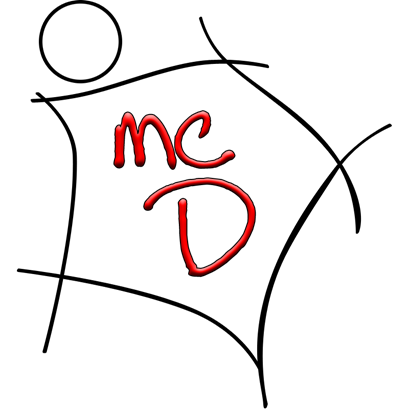

Johannes Haybaeck

Project within the DK-MCD
| Steatohepatitits-associated hepatocellular carcinoma: Evidence of a keratin-related disease co-supervised together with Kurt Zatloukal |
Anita Kuldeep Mehta graduated |
Research interest
In metabolic syndrome-associated liver diseases, the role of interaction between proteins and lipids and the mechanisms underlying the development of lipid-associated liver diseases, especially of lipid associated hepatocarcinogenesis, are less understood and represent a major focus of our research group.
Hepatocellular carcinoma (HCC) is the sixth most common cancer worldwide and the main obesity-related cancer in men. Various molecular HCC classifications and signatures of HCC subtypes have been established.
Steatohepatitis, which is a necroinflammatory liver disease, is of high clinical relevance. Depending on the etiology alcoholic (ASH) and non-alcoholic steatohepatitis (NASH) can be morphologically and genetically differentiated. NASH-associated HCC is increasingly found already at pre-cirrhotic stages. ASH and NASH are characterized by disturbed keratin intermediate filament architecture in hepatocytes containing cytoplasmic hepatocytic aggregates, termed Mallory-Denk bodies (MDBs). MDBs are mainly composed of keratin 8, keratin 18, sequestosome 1 (p62), and ubiquitin. Dysbalanced keratins change the lipid profile of hepatocytes and keratin aggregates are critical for MDB formation. Thus, we are interested in the contribution of keratins in steatohepatitis, their impact on hepatocarcinogenesis, and in elucidating the underlying pathways. Preliminary data show that keratins strongly influence hepatic lipid homeostasis.
In the past, the interference with protein translation as molecular target for development of new therapeutics in cancer therapy has played a minor role. We now assume that the old concept of targeting protein synthesis with inhibitors as chemotherapeutics might be of high interest in case of HCC treatment, in particular steatohepatitis-associated HCCs.
Curriculum vitae
| 1995 - 2001 | Study of Human Medicine, Leopold Franzens–University of Innsbruck, Austria | |
| 1999 | Specialisation in Experimenteller Pathologie (Immunology and experimental animal modells), University Innsbruck | |
| 2001 - 2009 | Rotation physician and Specialist Registrar at the Institute of Clinical Pathology at the General Hospital Linz, Austria and at the Institute Clinical Pathology and Neuropathology, Wagner-Jauregg State Hospital Linz, Austria | |
| 2001 - 2003 | Education for obtaining the ÖÄK-Diploma for Hospital Hygiene | |
| 2005 - 2009 | PhD-Studies in Molecular Biology, University Zürich, Switzerland | |
| 2005 - 2006 | Postgraduate University studies for Leaders in Health Care (Academic Health Care Manager), Paris Londron University of Salzburg, University of Salzburg Business School | |
| 2007 | Specialist in Pathology | |
| 2007 - 2010 | Reference-Neuropathologist of the University of Innsbruck, Austria | |
| 2008 - 2009 | Responsible person of the National Reference Center of Prion Diseases (NRPE) of Switzerland and Co-Biosafety Officer of the Institute of Neuropathology, Department of Pathology, University Hospital Zürich, Switzerland | |
| 2009 | Specialist in Neuropathology | |
| 2010 - | Specialist and Consultant for Pathology and Neuropathology, Molecular Biologist, Research Group Leader at the Institute of Pathology, Medical University Graz | |
| 2011 | Habilitation in Pathology (Venia Docendi) - Lecturer | |
| 2011 | Associate Professor of Pathology, Vice Chairman of the Department of Neuropathology, Institute of Pathology, Medical University Graz, Austria | |
| 2013 - 2016 | Coordinator for Cancer Research, Education and Training of the Comprehensive Cancer Center (CCC) Graz | |
| 2014 | Chairman of the Unit for Neuropathology, Institute of Pathology, Medical University of Graz | |
| 2016 | Coordinator of the Coordination Board "Cancer Research, Education and Training" of the Comprehensive Cancer Center (CCC) Graz | |
| 2016 - | Director of the Institute of Pathology, University Clinics Magdeburg, Medical Faculty, Otto-von-Guericke University, Magdeburg, Germany | |